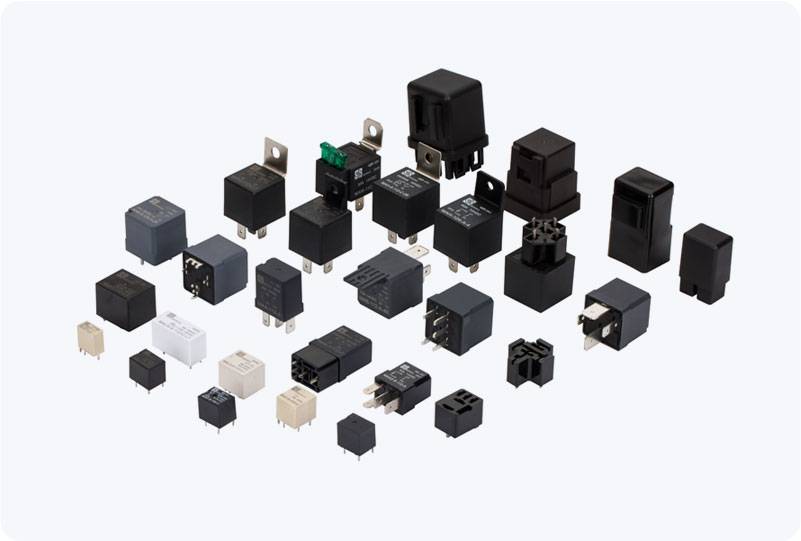Industrial control relays are critical components in a wide range of automation and control systems. These electromechanical devices play an essential role in controlling the switching of electrical circuits, acting as intermediaries between low-power control signals and high-power load circuits. By enabling precise control of equipment such as motors, lighting, and other industrial machines, industrial control relays help ensure the smooth operation and safety of industrial processes.

What is an Industrial Control Relay? An industrial control relay (ICR) is a type of electrical relay designed specifically for use in industrial applications. It functions as an electrically operated switch that opens or closes a circuit in response to an input control signal. The control signal typically comes from a low-power source, such as a programmable logic controller (PLC), which then activates the relay to control larger, higher-power loads like motors, pumps, or heating systems. The fundamental purpose of an industrial control relay is to provide a reliable method for controlling electrical circuits in environments where safety, efficiency, and automation are critical. These relays allow for precise, remote control of equipment, reducing the need for manual intervention and improving the overall productivity of industrial operations.